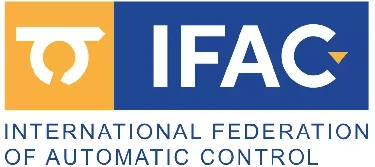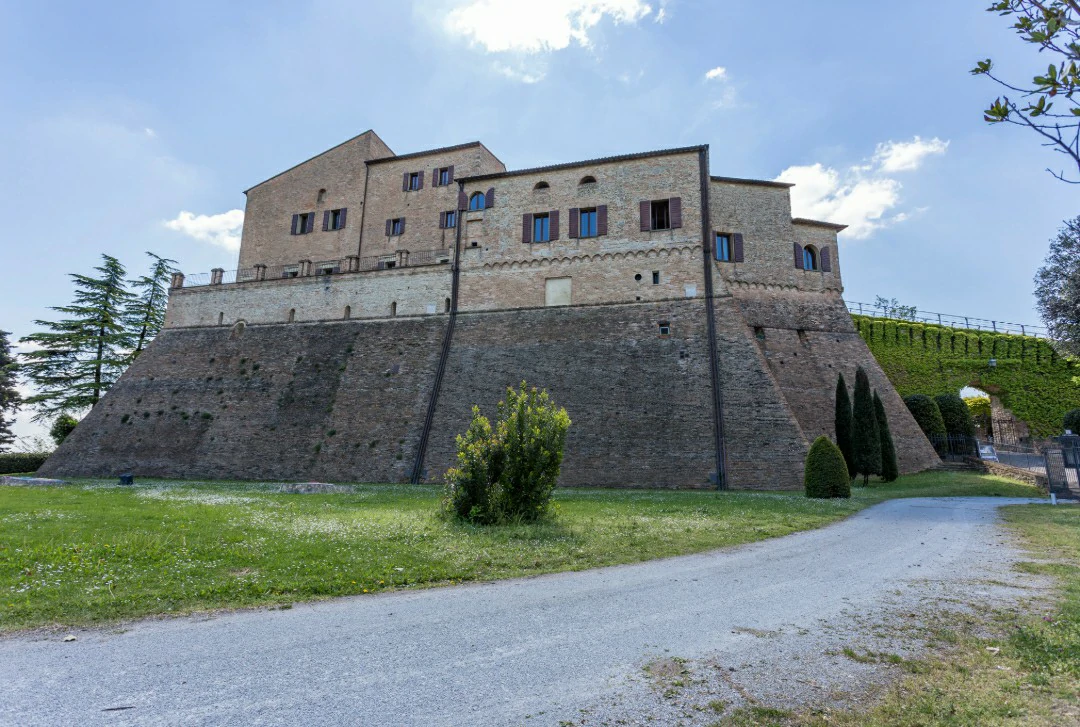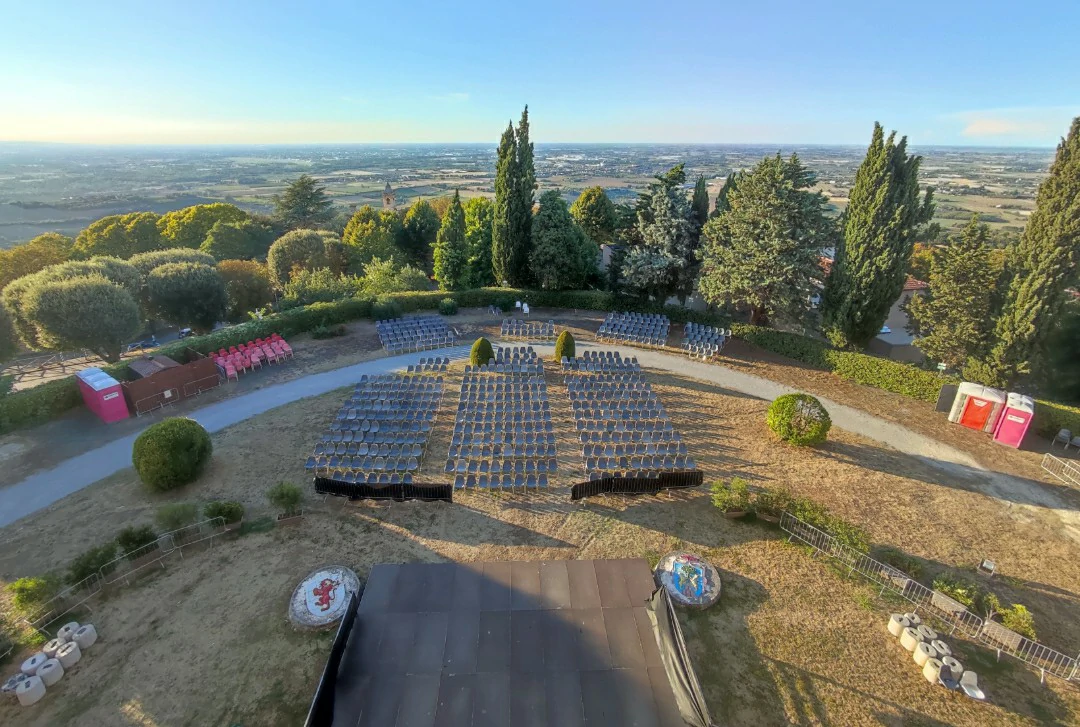In Memoriam Eveline Gottzein – A Pioneer in Aerospace Control
Eveline Gottzein's lifelong fascination with challenging control systems spanned aerospace for satellites and rockets, as well as magnetic levitation trains. Alongside her teams, she developed groundbreaking solutions and served as a role model for women in engineering, receiving numerous prestigious awards, including being the first female IFAC Fellow. Eveline passed away on December 24, 2023, in Höhenkirchen near Munich.
Born in 1931 in Leipzig, Eveline grew up in a family that encouraged her interests in technology and nature. Because of the challenges of pursuing a career in science and technology in Eastern Germany, she moved to Western Germany in 1957 to study Mathematics and Control at TU Darmstadt. Balancing her studies with industrial work to cover living expenses, she graduated with a Diploma in Mathematics in 1962, demonstrating her engineering talent and exceptional work ethic.
Since 1959, she has been part of the team at Bölkow AG in Ottobrunn, drawn by the challenging and motivating opportunities in the emerging aerospace sector. Her talents were quickly recognized by her boss, Ludwig Bölkow. At the age of 32, she was appointed head of the Vehicle Control and Simulations Department. She and her team excelled in addressing new control challenges for rockets and satellites, utilizing interdisciplinary knowledge to develop advanced mathematical models for complex physical processes.
Eveline's engineering skills, vigor, and diligence enabled her to lead her department's rapid growth to around 100 people. She exemplified what women could achieve in engineering, becoming a paragon for the next generation of female engineers.
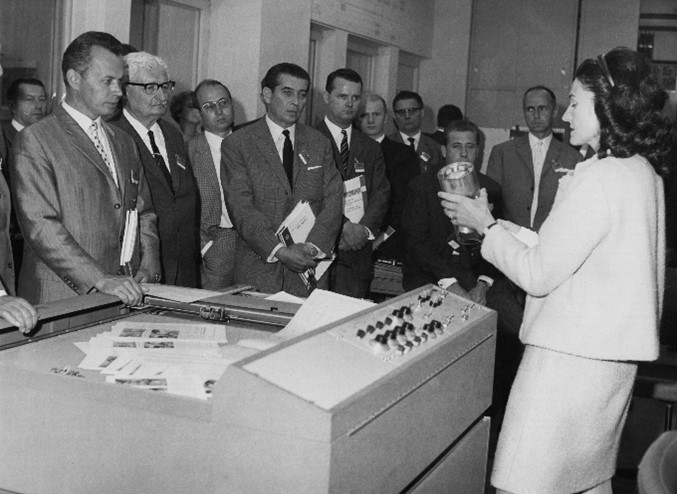
Europe’s entry into telecommunication via space was marked by the French-German satellites "Symphonie," launched in 1974 and 1975. Eveline Gottzein's team was entrusted with the orientation and stabilization of these satellites, achieving a technological breakthrough by developing an innovative 3-axis attitude control system. This system became the worldwide standard, replacing the previously used spin-stabilized principles. To support this advancement, her team invented a complete infrastructure to test the system's characteristics on the ground, leading to the creation of dynamic test benches. These test benches were exported by the company MBB to the global space industry, contributing to the steady growth of her department.
Eveline thrived on challenges and was described by her collaborators as a realistic visionary. Her ambition and dedication, coupled with her collaborative spirit, helped her department become one of the leading control departments in the world.
During the 1970s, magnetic levitation trains also presented significant control challenges, which were transferred to her department. Eveline summarized the groundbreaking solutions in her dissertation, "The ‘Magnetic Wheel’ as an Autonomous Functional Unit of Modern Carrier and Control Systems for Magnetic Levitation Trains," submitted in 1983 at the Technical University of Munich. Based on these contactless, distributed, and robust electromagnetic principles, the TRANSRAPID train reached a world speed record of 460 km/h in 1987.
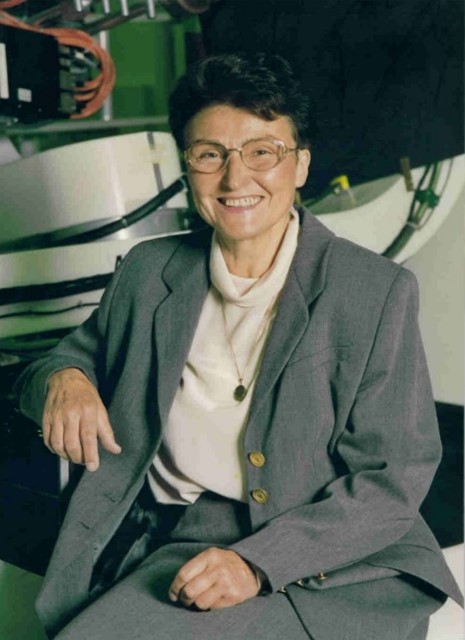
Even after her formal retirement around 1990, Eveline Gottzein continued to pursue her visionary ideas. She initiated the innovative use of GPS receivers for the navigation of geostationary satellites, staying at the forefront of technological advancements. In the last decade, she closely followed the "New Space" developments and was delighted to see her early dynamic simulators being used in new contexts, particularly in the formation control of small satellite networks. This development completed the loop on distributed, networked control systems, applying them to both attitude and orbit control of satellites.
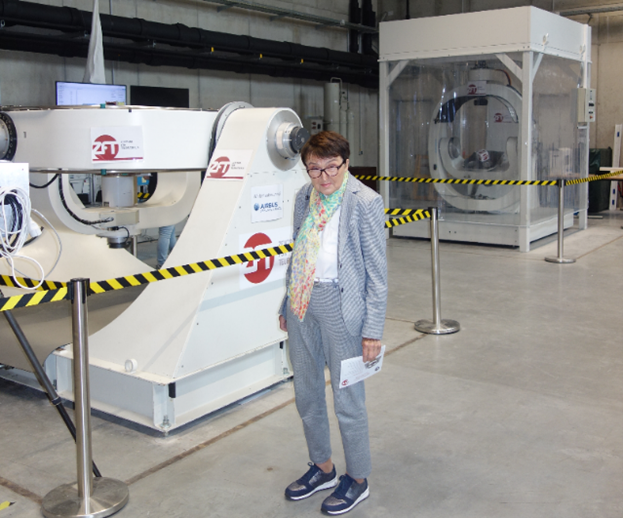
In recognition of her outstanding achievements in science and technology, her inspiring leadership, and her pioneering role for female engineers, Eveline Gottzein received numerous prestigious awards. In 1993, she was awarded the Werner-von-Siemens-Ring. Three years later, in 1996, she received the Bavarian Medal of Merit. In 1998, she was honored with the Maximilians-Medal. Her contributions were further recognized in 2000 with the Order of Merit of the Federal Republic of Germany. In 2007, she was named an AIAA Fellow, followed by her selection as an IFAC Fellow in 2008.
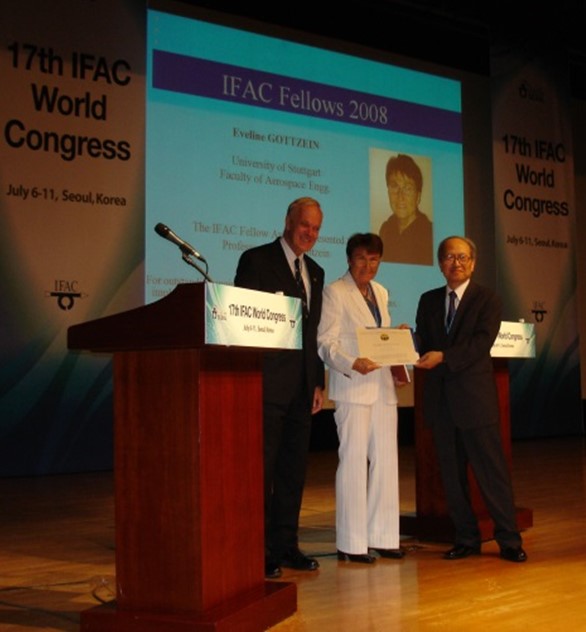
Beyond tackling technological challenges, Eveline Gottzein emphasized international collaboration in space technology and fostered connections between science and industry through her involvement with international professional institutions like IFAC and AIAA. She participated in the IFAC Symposia on Aerospace from the 1960s and held chairwoman positions from the 1970s until 2002, becoming a key figure for IFAC's visibility in the aerospace sector. Eveline organized several notable IFAC Symposia on "Automatic Control in Aerospace," including the 7th symposium in Rottach-Egern in 1976 and the 12th in Ottobrunn in 1992. Her events were legendary, not only for their technical content but also for the social programs she orchestrated, which included mountain climbing excursions and skiing challenges during session breaks. Her impressive plenary presentations are well-remembered, such as her talk on "Control Challenges of Space Planes, Stations, and Platforms" at the 10th IFAC World Congress in Munich in July 1987, and "The Origin of Satellite Technology in Europe" at the 19th Symposium on Automatic Control in Aerospace in Würzburg in September 2013. Eveline had a unique ability to inspire young people with her space visions. She shared her experience and passion for space technology in programs at the Universities of Stuttgart and Würzburg, motivating and mentoring the next generation of engineers and scientists.
Prof. Dr. Klaus Schilling
President Center for Telematics, Würzburg
